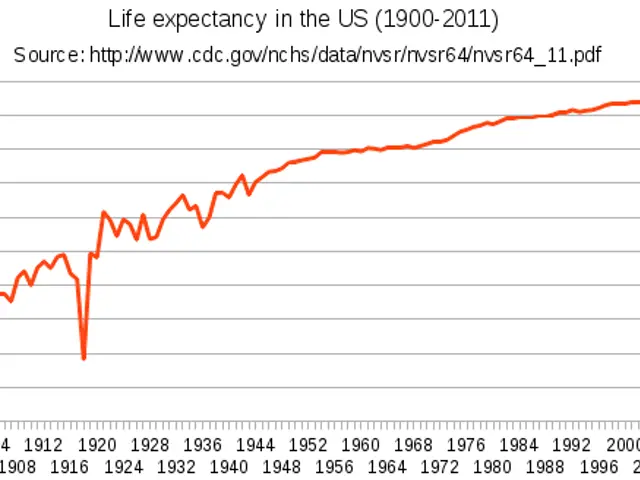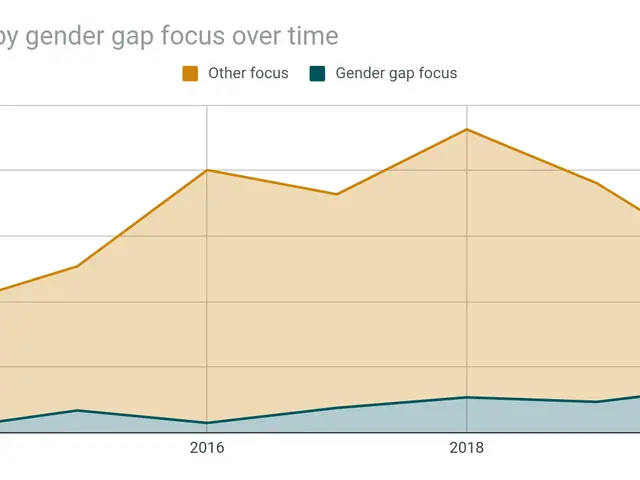Early Menopause Linked to Higher Metabolic Syndrome Risk
A groundbreaking study, presented at the 2025 annual meeting of the Menopause Society, has discovered a significant link between the timing of natural menopause and the prevalence of metabolic syndrome. The research, based on electronic health records of over 234,000 women, found that those experiencing early natural menopause (before age 45) had a 27% higher relative risk of developing metabolic syndrome.
Metabolic syndrome, a cluster of conditions including high blood pressure, high blood sugar, excess fat around the waist, and abnormal cholesterol levels, increases the risk of chronic disease and mortality. The study found an overall metabolic syndrome prevalence of 11.7% among the cohort. Clinicians are advised to incorporate menopausal age into risk stratification paradigms for targeted surveillance.
The study suggests that estrogen decline during menopause disrupts protective cardiovascular and metabolic effects. Women who undergo natural menopause earlier in life are more vulnerable to metabolic syndrome. Early menopause is identified as a critical prognostic marker for cardiometabolic health. Future research may delve into the precise biological underpinnings linking menopausal timing to metabolic risk.
The study's findings highlight the importance of considering menopausal age in assessing women's health risks. Further investigation is needed to understand the biological mechanisms behind the increased risk of metabolic syndrome in women experiencing early natural menopause. This could lead to improved targeted surveillance and preventive strategies.
Read also:
- India's Agriculture Minister Reviews Sector Progress Amid Heavy Rains, Crop Areas Up
- Sleep Maxxing Trends and Tips: New Zealanders Seek Better Rest
- Over 1.7M in Baden-Württemberg at Poverty Risk, Emmendingen's Housing Crisis Urgent
- Cyprus, Kuwait Strengthen Strategic Partnership with Upcoming Ministerial Meeting







